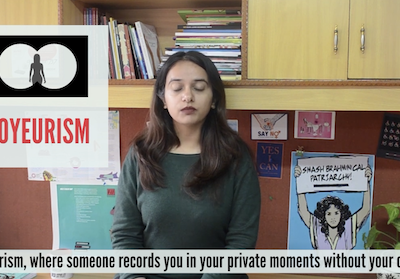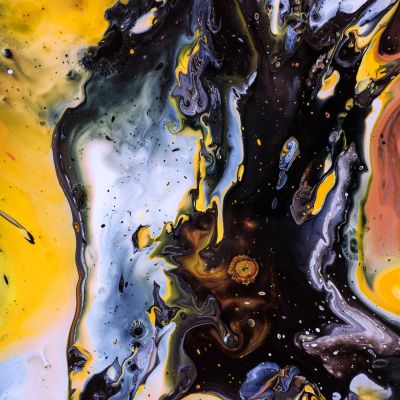trolling
As Sontag points out, camp is a mode of enjoyment, not judgment. It is intrinsically generous, and is a form of love for human nature, it relishes the awkward intensities of character. Central to camp is a tenderness of feeling and love that has gone into certain objects and personal styles.
Japleen Pasricha, founder of Feminism in India, lays bare the violence women, LGBTQIA+ folks, and historically marginalised communities face in online spaces, ranging from identity theft, bullying, trolling, to having our private photographs and details disseminated without our consent and being blackmailed.
While we are struggling with the vicissitudes brought on by the pandemic we are also forced to spend more time online, to look for resources in terms of health care or caregivers, to reach out to people and build a communities of care, to take a break, or to try and hook-up online for a while.
There are hundreds of mukbangers and flood vloggers in India, with individuals earning lakhs of rupees through just eating delicious, and sometimes weird, food. However, those mukbang creators who do not follow stereotypical ideas of gender, caste and class meet with differential treatment.





